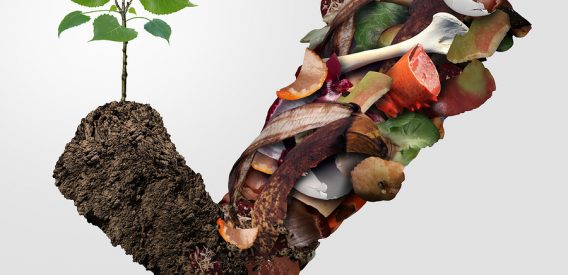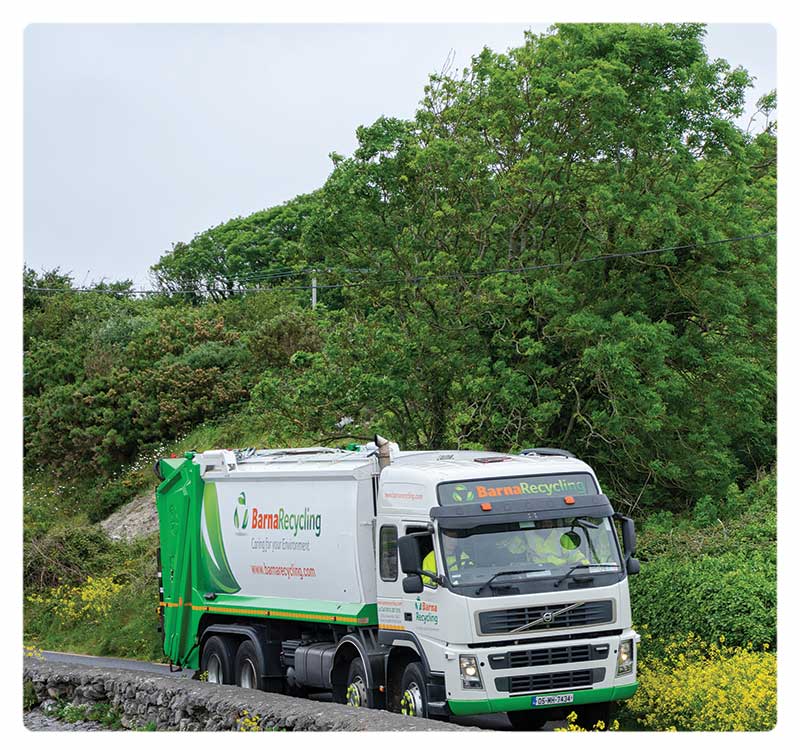- Barna Recycling
- Apr 27, 2017
How to Manage Your Food Waste

Recently, News Talk highlighted ways of reducing the amount of Food, Irish Households waste every year. Below are four smart ways to manage your household waste.
Shop Smart
- First thing to do is make an old-fashioned shopping list, this will keep you on track of what food you need for the week and also avoids you picking up a few ‘bits and bobs’ you don’t need.
- Try to avoid the special offers in shops, don’t fall for the ‘buy one get on free’ option if one will be enough.
- If you know your stores layout, stick to the aisles you need to go to. Wandering down every aisle will only tempt you to buy items you don’t really need.
As well as reducing the waste you produce for the week you will also see a decrease in your shopping bill, a win win!
Smart Storing
When you arrive home with your food you can easily lengthen the shelf life by storing it correctly.
- Bread always seems to be the food that goes off first. Bread bins are a breeding ground for bacteria, so even though they might look nice, they are not the best form of storage. Freezing your bread is the best option to lengthen its shelf life.
- Fruit and vegetables are another food item that can last longer with a little bit of care. Leave refrigerated produce unwashed in its original packaging or wrapped loosely in a plastic bag. Fruits and vegetables stored at room temperature should be removed from any packaging and left loose. Remember that bananas and tomatoes emit high ripening agents, these will spoil other fruits and vegetables if they are stored together.
- ‘Best before’ dates don’t always mean the food is ‘gone off’ as soon as the date passes. Often, you’ll know whether a food is still good simply by looking or smelling it.
Smart Cooking
- Before you go shopping, make a list of what meals you will have during the week. This will avoid buying items that are not even in the recipe.
- Don’t make more than you need, of course, but if you have enough for more don’t just dump the leftover ingredients. Consider what else you could do with them – no better opportunity to experiment with some different recipes than when you have the ingredients anyway.
- Be imaginative: sometimes ‘ripe’ fruit can be used for tasty smoothies, while soft tomatoes can make a delicious sauce.
Composting
- Barna Recycling brown bin is used for kitchen and organic waste. The waste is taken to Barna’s composting facility where it is processed into compost for use as a natural, high quality fertiliser for use by farmers and horticulturalists.
- You can buy compostable bin bags in most shops, but if you have difficulty getting them, newspapers are also perfect for keeping moisture in and holding in any odour.
- There are some rules when it comes to composting. Not all material can go into you compost bin. Read our blog on the Do’s and Don’ts of Composting.
For more information on how to manage your food waste, check out ‘What Goes in My Bin’ page on our website. You might find these other blogs helpful:
Get Imaginative With Your Waste 2017




